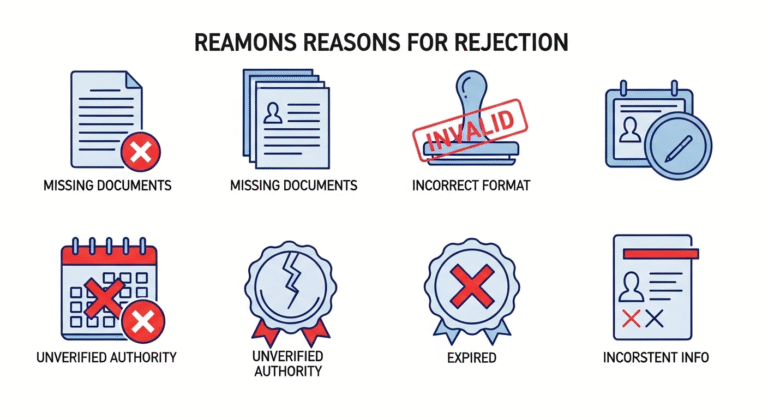Driving in Riyadh Saudi Arabia for Foreigner: A Essential Guide

Riyadh, the capital of Saudi Arabia, is a sprawling metropolis where driving is often the most practical way to get around. For foreigners living in or visiting Riyadh, understanding the local driving norms, legal requirements, and cultural nuances is essential. This guide offers a comprehensive overview of what you need to know as a foreigner driving in Riyadh—structured to provide topical relevance and responsiveness based on real search behaviors.
Do Foreigners Need a Local License to Drive in Riyadh?
Yes. If you’re planning to stay long-term, converting your existing driving license into a Saudi license is mandatory. Visitors, however, can use an International Driving Permit (IDP) for a limited time. Here are the steps:
- Short-term visitors: Use an IDP along with your national license.
- Residents: Must apply for a Saudi driving license. This includes an eye test and, in some cases, a practical driving test.
Understanding Saudi Driving Rules and Regulations
Saudi driving laws are strict and are enforced through electronic monitoring systems. Key rules include:
- Drive on the right-hand side of the road.
- Seat belts are mandatory for all passengers.
- Mobile phone use while driving is prohibited unless hands-free.
- Speed limits are enforced through speed cameras across the city.
Car Culture and Traffic Norms in Riyadh
Driving in Riyadh reflects the fast-paced nature of the city:
- Speeding is common, though fines are heavy.
- Aggressive driving behaviors like tailgating and abrupt lane changes are not unusual.
- Roundabouts and U-turns are frequent and require local awareness.
- Weekends and prayer times can drastically alter traffic flow.
Road Infrastructure and Navigation Tips
Riyadh boasts a modern road infrastructure, but the layout can be confusing for newcomers.
- Use navigation apps like Google Maps or Waze—but double-check routes near ongoing metro construction zones.
- Gas stations are plentiful and fuel is inexpensive compared to many other countries.
- Be cautious during sandstorms, which can reduce visibility.
Renting or Owning a Vehicle in Riyadh
Foreigners can rent or purchase cars easily, with a valid ID and driver’s license.
- Car rental is straightforward, with most global agencies represented.
- For buying, car insurance is mandatory, and some financing options may require residency status.
Police Interaction and Road Accidents
If you are involved in an accident:
- Call the Najm traffic accident service (for insured drivers).
- For emergencies, dial 993 for traffic police.
Police generally do not speak fluent English, so basic Arabic phrases or Google Translate can help.
Cultural Etiquette While Driving
- Do not honk unnecessarily; it is considered rude.
- During prayer times, some roads may have lighter traffic, but be aware of temporary closures near mosques.
- Respect local customs and avoid road rage or confrontation.
Final Thoughts
Driving in Riyadh as a foreigner can initially feel overwhelming, but with a solid understanding of local rules, infrastructure, and culture, it becomes a manageable and even enjoyable experience. Whether you’re renting a car for a few days or settling down long-term, this guide ensures you’re well-prepared.


